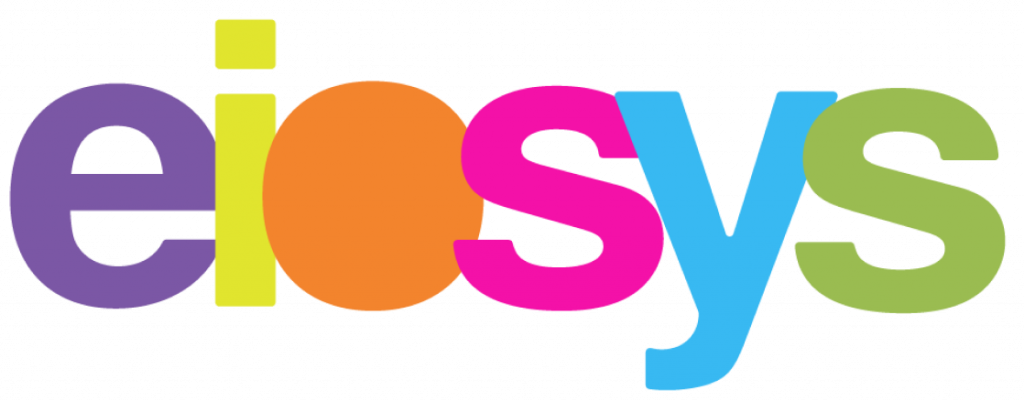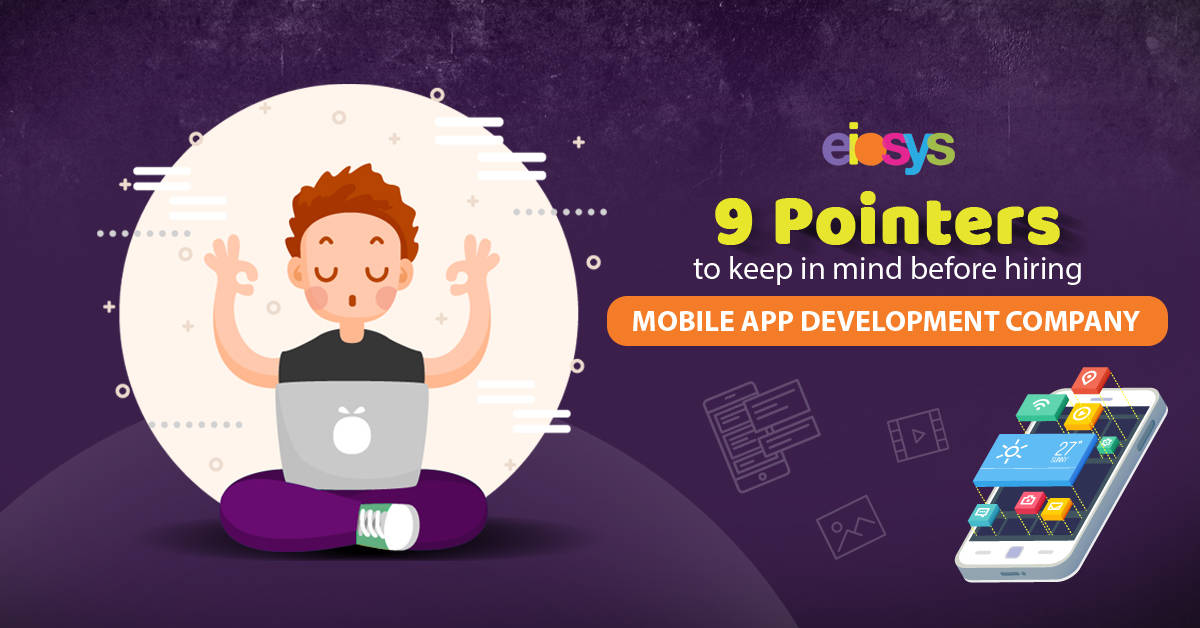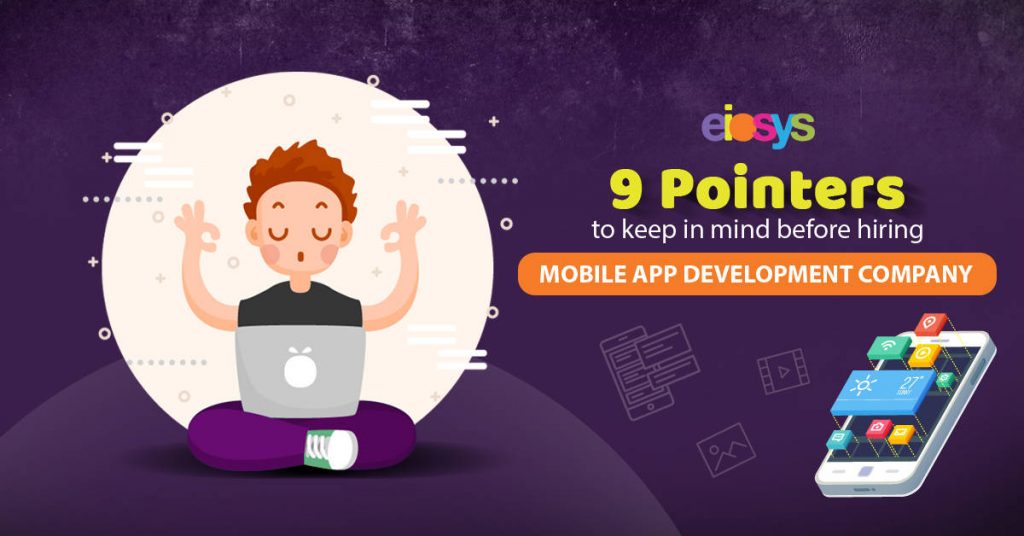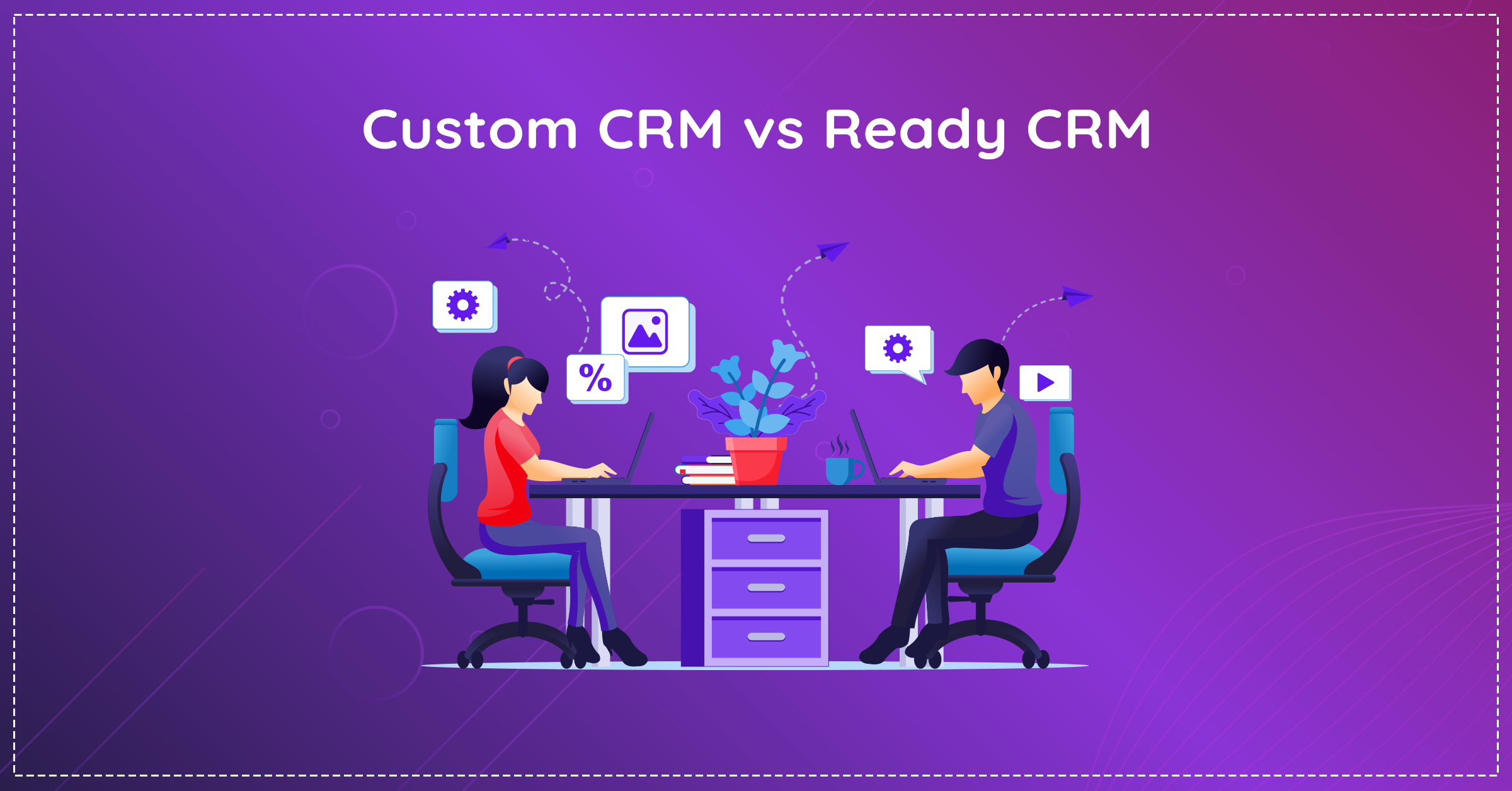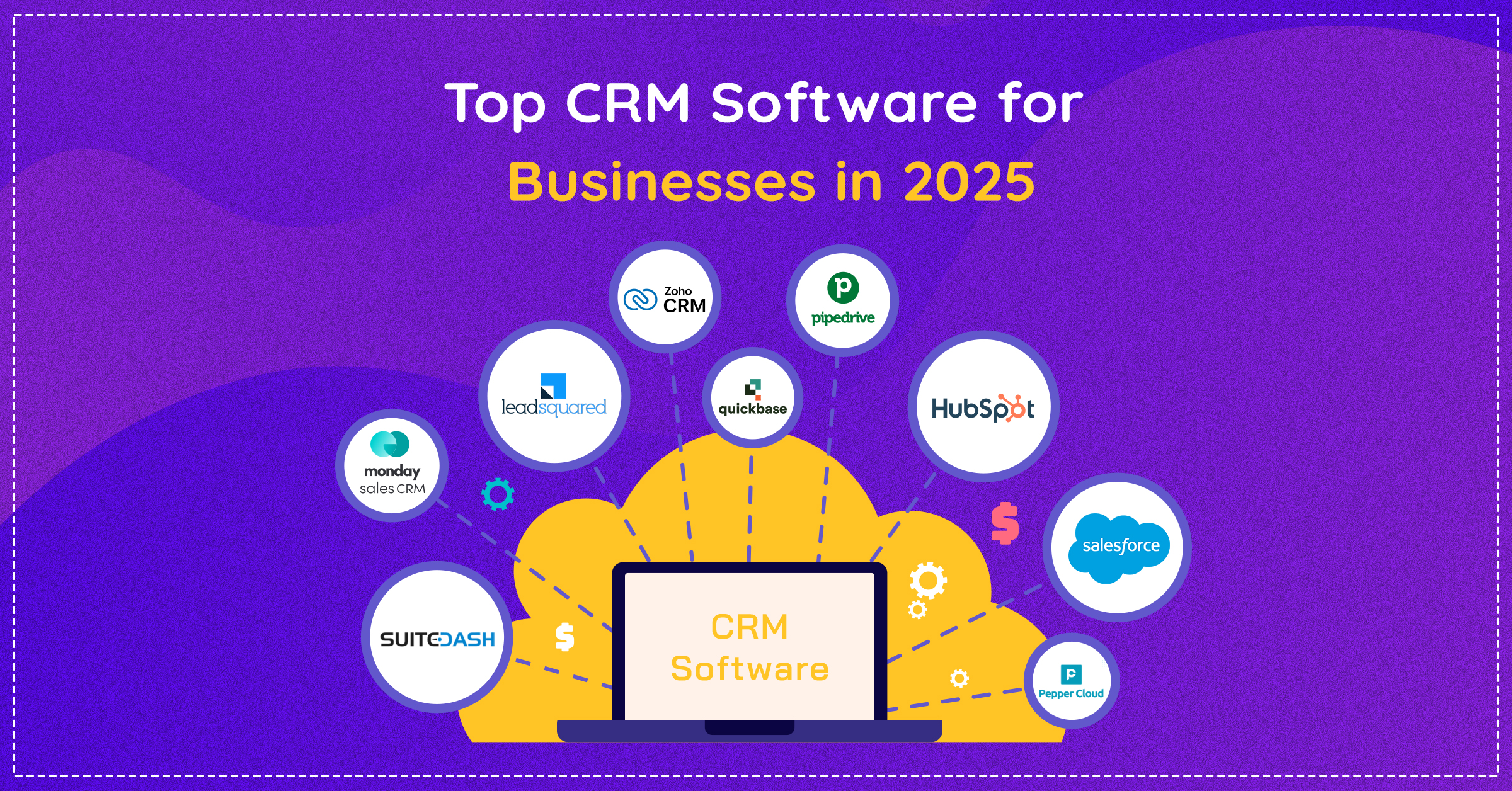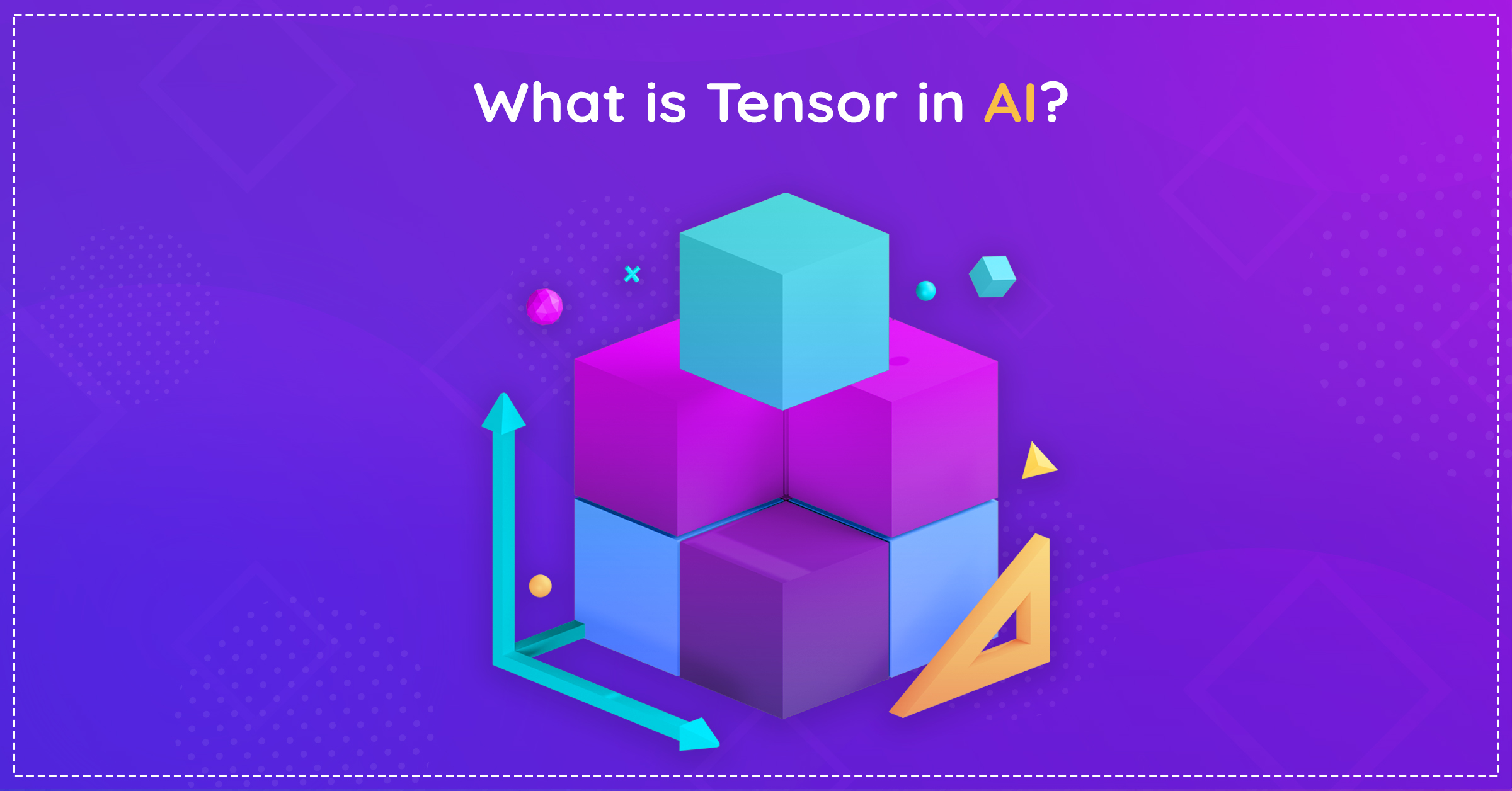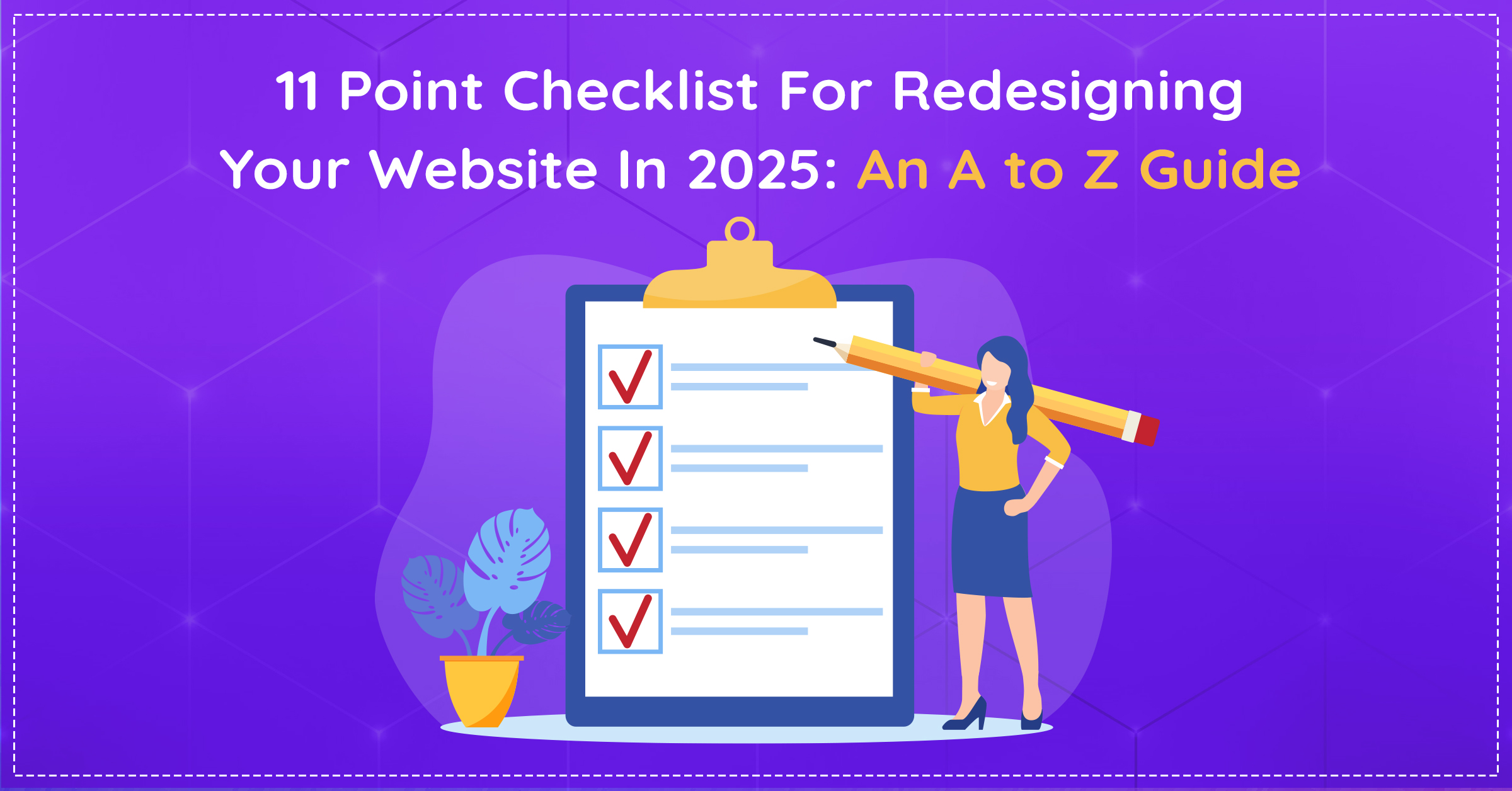In this age of smartphones, we complete most of our day-to-day tasks on our smartphones. Be it shopping for clothes, paying bills, ordering groceries, hiring household services, searching recipes, ordering food, booking movie tickets, etc.
The availability of affordable smartphones flooding the market has led to a drastic increase in the number of apps that are being used daily. And that’s why it is one of the best times to have an app for your business while the industry is at its peak.
But the biggest dilemma that newbies face is that they don’t know how to choose a mobile app development company, which would be a perfect fit for them to help bring their vision to life.
Eiosys brings you 9 points to keep in your head when you are hiring a mobile app development company for your project:
1. Do some background research
Before hiring any mobile app developer, you should always ask about their client portfolio to check if they have enough work experience to handle your task. Generally, the development agencies have their client portfolio on their website, but if they don’t then you should ask them about it and contact their clients to get a real-world report of their work.
If the agency doesn’t want to share, it’s a sign that you look for someone else to develop your app. You can check out my company’s case studies by clicking here.
2. Get to know their software development process
The cost and the launch time of the app largely depend upon the software development process the developer uses. Most of the development agencies now use Agile methodology as it ensures fast app delivery and quick problem solving compared to the older Waterfall method a lot of developers are still using.
So as a smart client, you should always discuss this with your developer before finalizing the deal.
[Check out our Software Development Process to get an idea]
3. Know the team who will execute the project
Not every project requires the same amount of manpower and skill, some demand more and some less. It is important that you know the team behind your upcoming app.
The coder who writes the lines of codes, the designer who crafts the user experience, the analyst who structures all the data, and the project manager who handles the whole team. Knowing each of their skills, strengths, and weaknesses will help you to understand better if they are suited for your job or not.
4. Find out if they will publish your apps on the required platform
After the app is complete, it needs to be put up in either the Google Play Store or the iOS App store depending upon the operating system the app is designed for. This will ensure the maximum reach of the app.
A lot of developers don’t do this step because certain guidelines need to be met to upload the app to the respective app stores. So talk to your developer about this so that you don’t face any problems later.
5. Enquire if they will hand over the ownership of the code
When app development is completed, most developers transfer the ownership of the code to the clients but some don’t. If it’s a custom application, it’s your intellectual property and may contain some of the functionalities which may have been conceptualized based on your hard work and years of data research.
So before hiring a developer, discuss with them clearly if they will hand over the code and IP to you or not?
6. Explore the approach they take towards the app’s user experience
The user experience is the most important thing in an app because it will add to the loyalty of your customers. If the user experience is too complicated and clunky and needs a learning curve, people will just switch to an alternative app. This will result in hampering not only potential customers but cost you a huge amount of potential revenue too.
The approach towards a good user experience is to see what the user wants (via feedbacks) and what the other leading apps in that niche are using.
You should sit with your developer and discuss this right from the beginning.
7. Be sure about the post-app development services
The development of an app doesn’t end when the app is complete. A lot of important things like feature upgrades, bug fixes, security patches, minor tweaks need to be done afterward.
Some developers include all these services in the total package itself, some include only a few of these services and some entirely don’t and charge extra for these services in the form of an AMC contract.
As a client, you will get a document from the app developer which will mention the details of the app like the features, architecture, technology stack, cost, manpower required, etc. The problem arises when developers leave no scope for future modifications and charge extra to do so later.
Your business might need some features in the future than it currently doesn’t need so some extra room should be there.
So have a clear discussion about what you want from the developers and what they are providing.
8. Enquire about the platforms the app will work on
Your app may work the same on an iPhone (iOS operating system) or an Android phone, however, the development process of both is very different. Furthermore, the apps need to be properly scaled so that they run natively on tablets/iPads.
A lot of developers only have the manpower for a single operating system. You can reduce the cost of apps development, by opting for hybrid mobile app development or cross-platform app development. So make sure to ask the developer whether their company makes dedicated apps for separate platforms or makes cross-platform apps.
9. Enquire about the frequency of the shippable software
A shippable software is a kind of a prototype of the app with a few set features that the mobile app development company sends you from time to time. It is a part of the Agile methodology to send shippable software at short intervals to ensure that the client’s feedback is captured at an early phase. This also enables the client to be closely involved in the software development process. In an ideal scenario, each sprint of development or duration of shippable software should be between 2-3 weeks.
If you see red flags in any of the above pointers, you should consider looking for some other developer. Asking these questions will surely help you make the right decision.
We are a mobile app development company based in Mumbai. With over 50 successful mobile app projects for high-profile clients under the belt, we’re ready to address the above pointers for you.

